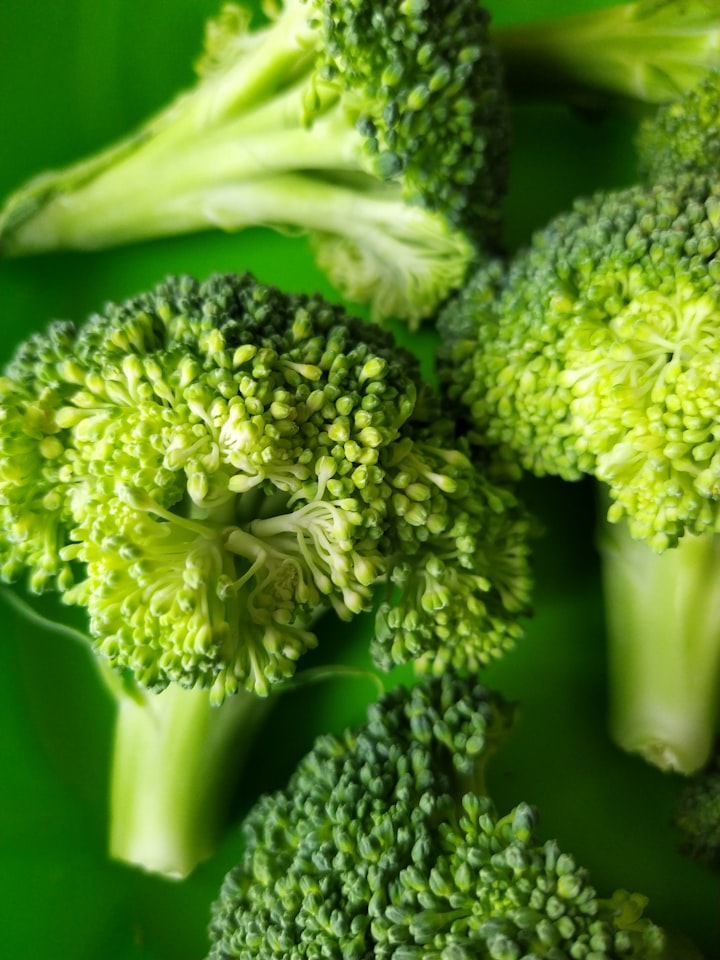
Cauliflower is a versatile vegetable that offers numerous health benefits. Here are some of the key benefits of cauliflower:
Nutrient-rich: Cauliflower is considered nutrient-rich and offers several important nutrients. Here are some of the key nutrients found in cauliflower:
Vitamins: Cauliflower is a good source of several vitamins, including:
Vitamin C: It is rich in vitamin C, which acts as an antioxidant, supports immune function, and helps in collagen production.
Vitamin K: Cauliflower provides vitamin K, which is important for blood clotting and bone health.
Vitamin B6: It contains vitamin B6, which is involved in various functions such as brain development, immune system function, and the synthesis of neurotransmitters.
Minerals: Cauliflower contains essential minerals, such as:
Potassium: It is a good source of potassium, which is important for maintaining healthy blood pressure and fluid balance in the body.
Magnesium: Cauliflower provides magnesium, which plays a role in numerous biochemical reactions in the body, including nerve function and muscle contraction.
Folate: It contains folate, a B-vitamin that is crucial for DNA synthesis, red blood cell production, and fetal development during pregnancy.
Fiber: Cauliflower is a fiber-rich vegetable. Fiber is essential for maintaining a healthy digestive system, promoting regular bowel movements, and preventing constipation.
Antioxidants: Cauliflower is loaded with antioxidants that help protect the body's cells from damage caused by free radicals. These antioxidants include vitamin C, manganese, and various phytonutrients like beta-carotene, quercetin, and kaempferol.
Low in calories and carbohydrates: Cauliflower is relatively low in calories and carbohydrates, making it a suitable choice for those who are watching their calorie intake or following low-carb diets.
These nutrients make cauliflower a valuable addition to a balanced diet and contribute to its overall nutrient-rich profile.
Antioxidant properties: Cauliflower contains various antioxidants, such as vitamin C and manganese, which help protect the body's cells from damage caused by harmful free radicals. Antioxidants play a vital role in reducing the risk of chronic diseases, including heart disease and certain types of cancer.
Cancer-fighting potential: Cauliflower belongs to the cruciferous vegetable family, which is known for its cancer-fighting properties. It contains compounds like sulforaphane and indole-3-carbinol, which have been shown to inhibit the growth of cancer cells and reduce the risk of certain cancers, such as breast, prostate, colon, and lung cancer.
Digestive health: The high fiber content in cauliflower supports a healthy digestive system. Fiber adds bulk to the stool, promotes regular bowel movements, and helps prevent constipation. Additionally, it provides prebiotic properties, which nourish beneficial gut bacteria, contributing to overall gut health.
Heart health: Cauliflower can be beneficial for heart health due to its low-calorie and low-fat content. The presence of fiber, potassium, and antioxidants helps lower cholesterol levels, reduce inflammation, and maintain healthy blood pressure, thus reducing the risk of heart disease.
Weight management: With its low-calorie and low-carbohydrate nature, cauliflower can be a valuable component of weight management or weight loss diets. It provides a feeling of fullness, thanks to its fiber content, while delivering important nutrients without adding excess calories.
Anti-inflammatory properties: Chronic inflammation is linked to various health conditions, including arthritis, diabetes, and heart disease. Cauliflower contains several compounds, such as indole-3-carbinol and vitamin K, which possess anti-inflammatory properties and may help reduce inflammation in the body.
Versatile culinary uses: Cauliflower is incredibly versatile in the kitchen, making it easy to incorporate into various dishes. It can be steamed, roasted, boiled, mashed, or even grated into "cauliflower rice." Its mild flavor allows it to be used as a substitute for higher-calorie ingredients, such as rice or potatoes, in recipes.
Overall, cauliflower is a nutritious vegetable that offers an array of health benefits. Its versatility, combined with its nutrient content, makes it an excellent choice for maintaining a healthy diet.






Comments
There are no comments for this story
Be the first to respond and start the conversation.